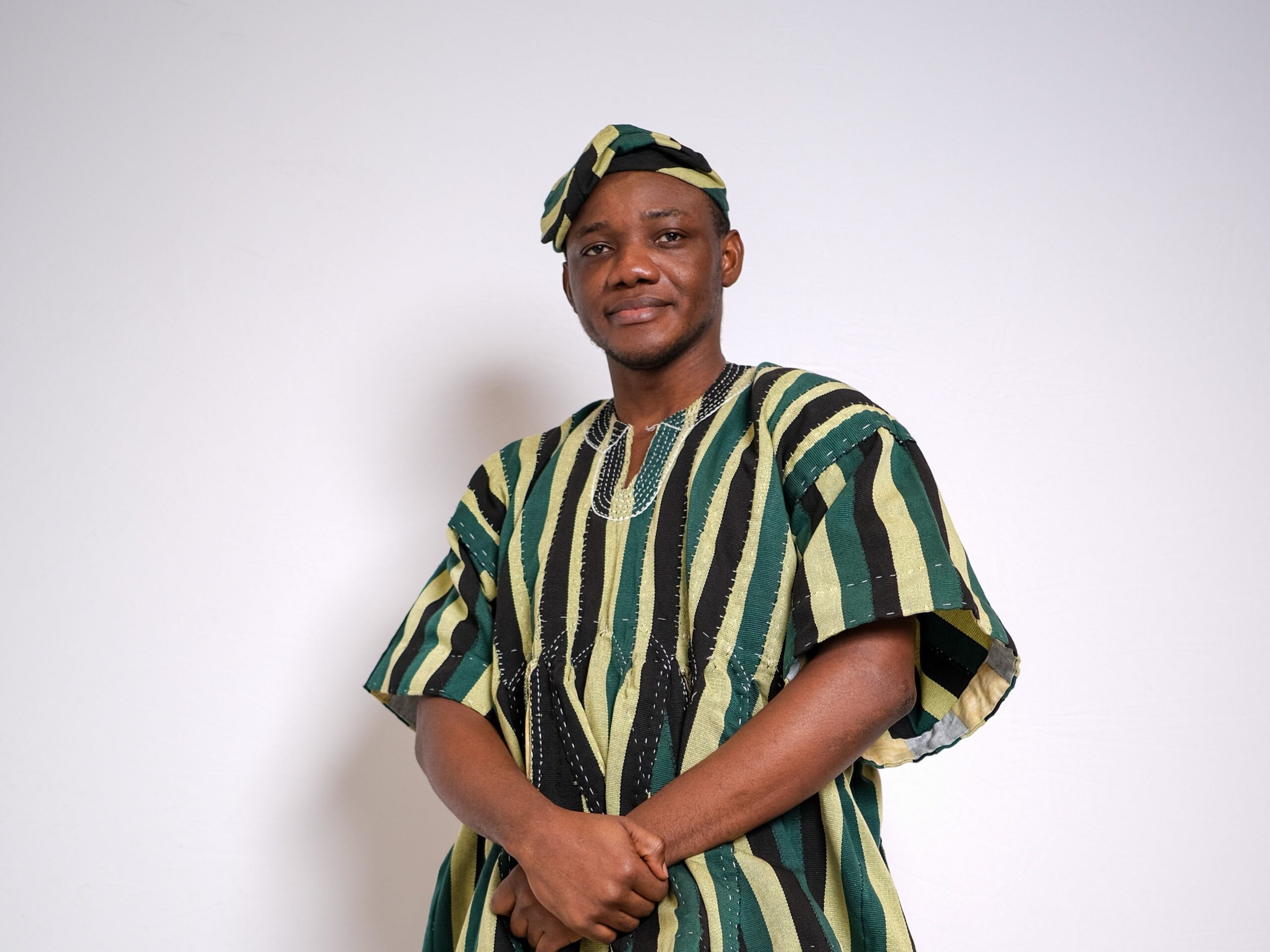
Faces of BME - Theophilus Ofori
Theophilus Ofori, an MEng student at the Institute of Biomedical Engineering, is an accomplished biomedical engineer specializing in medical equipment management, planning, and clinical research. He holds a bachelor’s degree in biomedical engineering from Kwame Nkrumah University of Science and Technology in Ghana.
Before his MEng journey, Ofori led the radiology department at Medylife Healthcare Limited in Accra, managing a team of seven radiographers and overseeing equipment across multiple units. He was also the youngest member of Ghana’s national technical working group, which is developing the country’s National Medical Device Policy. Additionally, as Clinical Engineering Manager at Korle-Bu Teaching Hospital, he ensured the performance and maintenance of medical equipment in the child health and radiology departments.
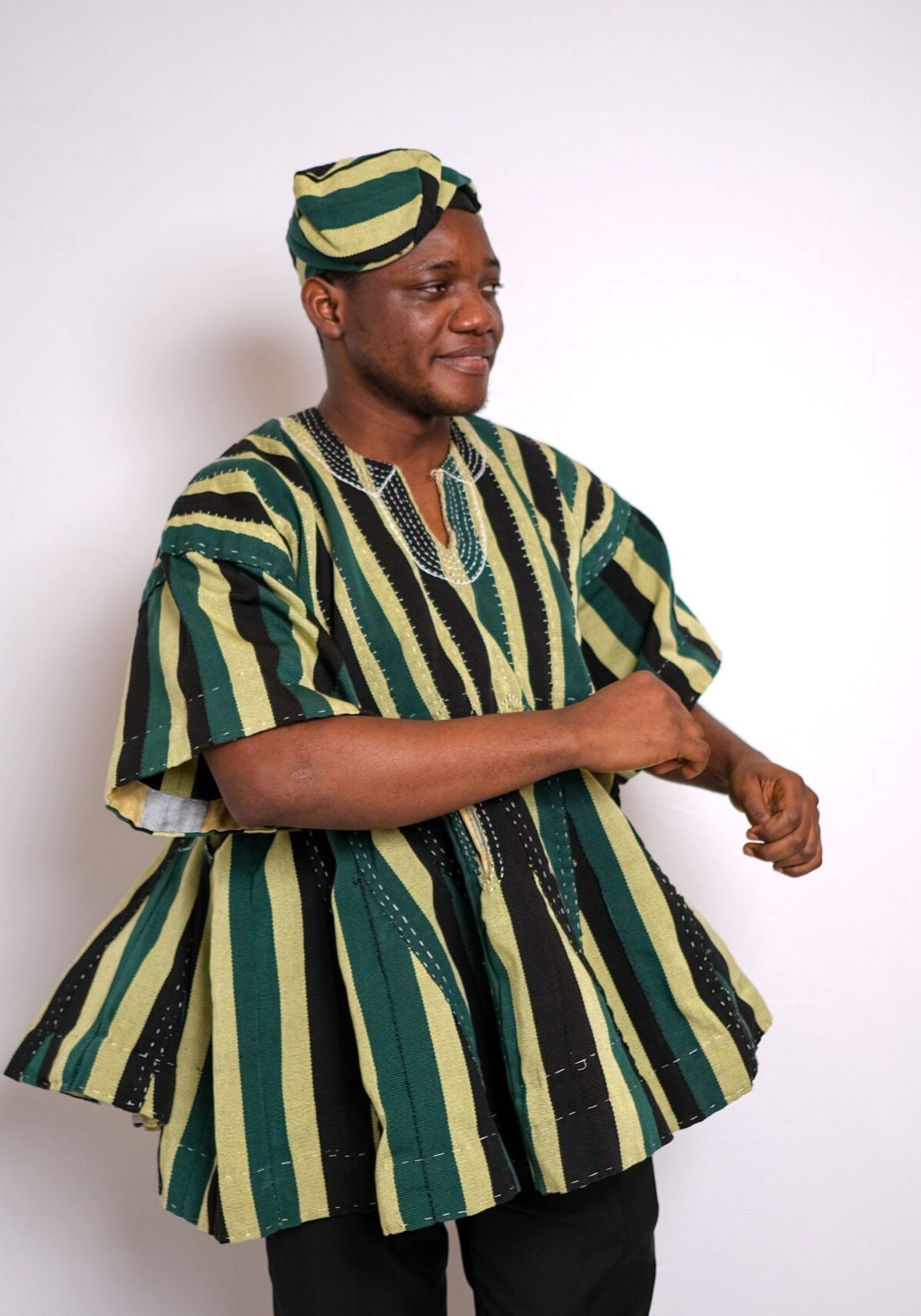
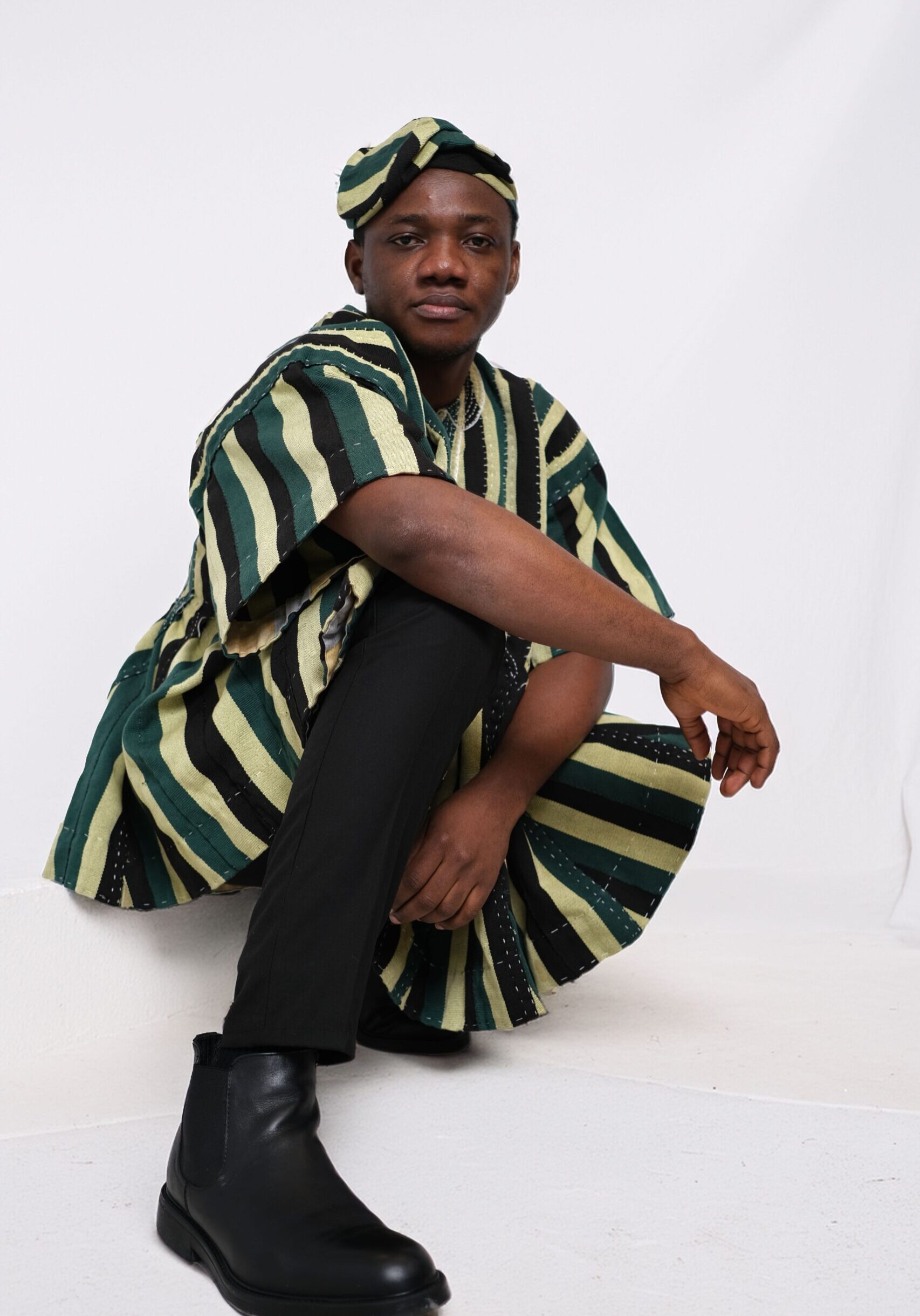

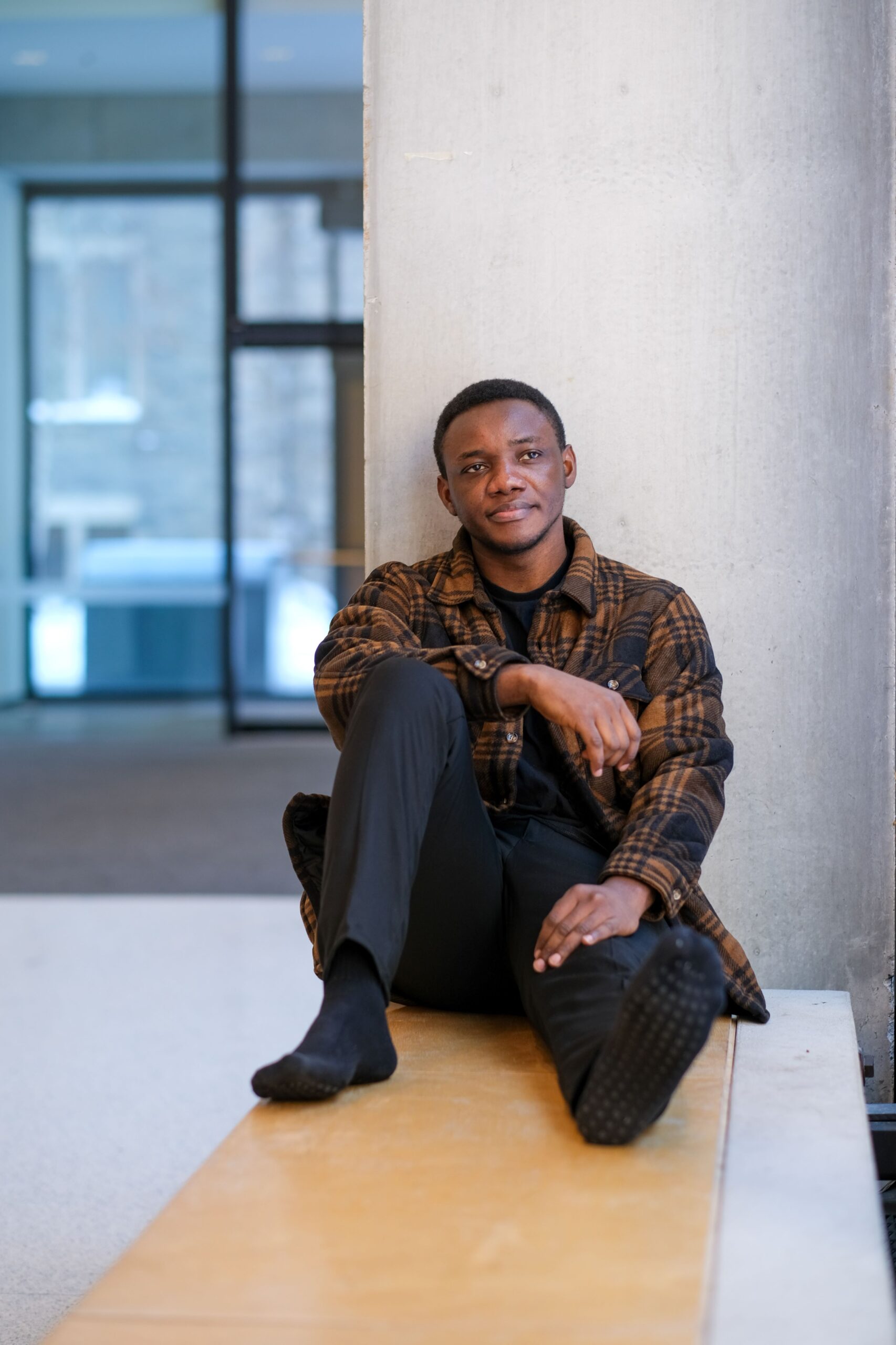
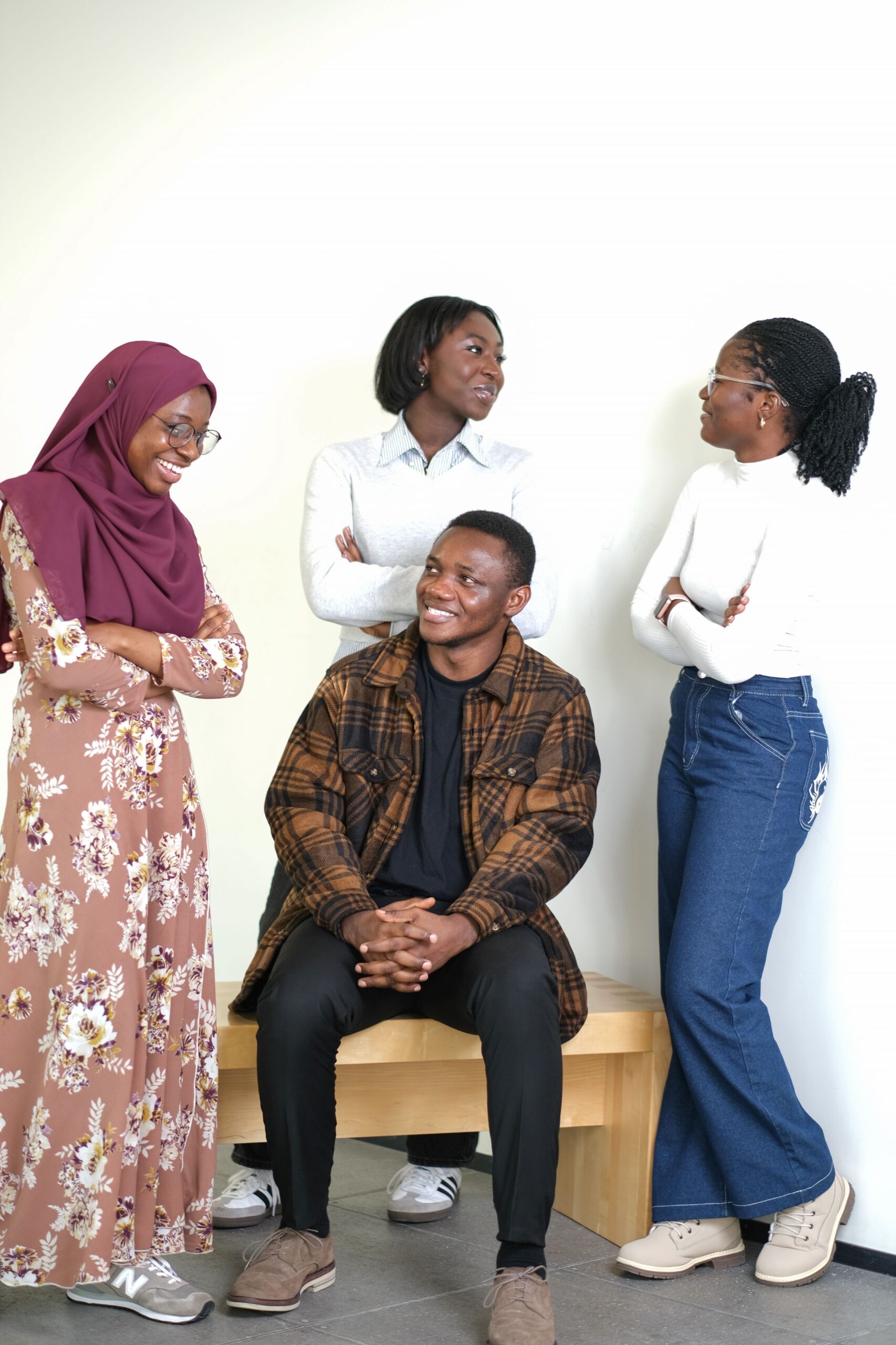
What inspired you to pursue a graduate degree in engineering, and what sparked your interest in the field of biomedical engineering?
Since childhood, I have always found deep fulfillment in helping sick people and improving their quality of life. This passion for healthcare took root early on, shaping my desire to contribute meaningfully to the well-being of others. However, during high school, my fascination with robotics introduced a new dimension to my interests. Recognizing the synergy between these two passions, I saw biomedical engineering as the perfect field for me.
My decision to pursue a graduate program was driven by my firsthand experience working in a hospital for several years. During my time there, I was exposed to the day-to-day realities of healthcare delivery, and it quickly became apparent that there were significant gaps in the healthcare infrastructure in resource-limited settings which affected the quality of patient care. Seeing that the challenges far outweighed the solutions, strengthened my resolve to deepen my expertise with a graduate degree in biomedical engineering and innovate solutions that can improve healthcare systems and patient outcomes in Africa.
What previous achievements are you most proud of?
One of the most significant achievements in my career has been serving as a member of the technical committee responsible for developing Ghana’s National Medical Device Policy. This document seeks to address gaps in the health infrastructure by establishing a comprehensive framework for the regulation, procurement, and management of medical devices within the country’s healthcare system.
While the policy is still in development, my involvement has been an invaluable experience. As a young professional, I have had the rare opportunity to contribute a youth perspective to critical national discussions, ensuring that the policy reflects the evolving technological landscape and the needs of both current and future generations. Engaging with policymakers, regulators, and industry experts has deepened my understanding of the complex interplay between biomedical innovation, healthcare delivery, and public policy.
As a Mastercard Scholar and an MEng student in biomedical engineering, what do you hope to gain from this degree, both academically and professionally?
As a scholar, I am grateful for the financial support that has enabled me to pursue my academic and professional aspirations. Through this program, I aim to deepen my technical expertise, strengthen my leadership skills, and build meaningful professional connections.
Professionally, I aspire to venture into entrepreneurship by leveraging my biomedical engineering expertise to develop innovative healthcare solutions. I aim to build a sustainable business that enhances patient care and addresses critical gaps in global healthcare accessibility.
Is there anything from your home country that you would like to showcase?
I'm dressed in Batakari, a traditional plaid outfit from Africa. All ethnic groups and other Black people today wear this attire, which was originally only worn by the Ghanaian monarchy in the northern regions. In addition to its lengthy history, the Batakari is particularly significant to Ghanaian culture and tradition because it was the clothing worn by Dr. Kwame Nkrumah, the country's first president when he announced Ghana's independence in 1957. Beyond its historical significance, the Batakari is a community symbol of strength, courage, and leadership. It is frequently worn at formal occasions including weddings, funerals, national ceremonies, and festivals.
What advice would you give to younger students considering a career in engineering?
Engineering is an applied field, and I encourage young students considering a career in engineering to move beyond simply memorizing formulas and facts. The key to success in engineering lies in deeply understanding the fundamental principles and learning how to apply them to real-world challenges. Additionally, students must focus on developing critical skills such as creative thinking, adaptability, and the ability to approach problems from unconventional angles. Their ability to tackle challenges with a fresh perspective and innovative solutions is what will truly set successful engineers apart.









